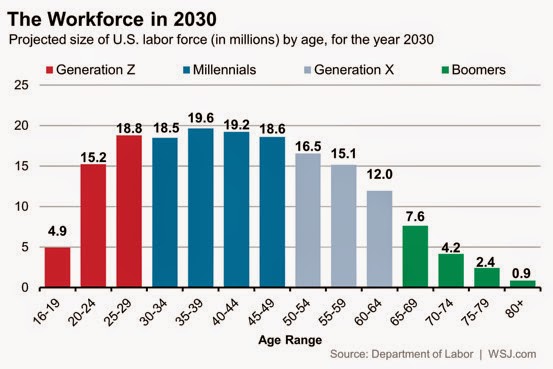
The Supreme Court struck down section 4 of the Voting Rights Act in June 2013 say that section of the VRA is outdated. Chief Justice John Roberts Jr. wrote the majority opinion saying, "discrimination against minority voters may have been pervasive in the 1960s when [section 4 of] the law was passed, but nearly 50 years later, things have changed dramatically.”
Under Justice Roberts reasoning, the law was still punishing states and local governments covered under section 4 for discriminatory practices the majority of Justices argued ended years ago. Section 4 of the VRA specified all or parts of 16 states and local jurisdictions, with long histories of overt racial discrimination in voting, mostly in the South, that were required to get approval from the federal government for any proposed change to their voting laws, as specified under VRA section 5.
The section 5 process, known as preclearance, stopped hundreds of discriminatory new laws from taking effect, and deterred lawmakers from introducing countless more. Without section 4, the section 5 is useless. Chief Justice Roberts, writing the 5-4 majority opinion, invalidated section 4 arguing, “today’s statistics tell an entirely different story.” In fact, today’s statistics tell a story little changed from the 1960s.
A
comprehensive new study by a historian of the Voting Rights Act provides a fresh trove of empirical evidence that refutes Chief Justice Roberts' assertion. The study by J. Morgan Kousser, a professor of history and social science at the California Institute of Technology, examines more than 4,100 voting-rights cases, Justice Department inquiries, settlements and changes to laws in response to the threat of lawsuits around the country where the final result favored minority voters.
It found that from 1957 until 2013, more than 90 percent of these legal “events” occurred in jurisdictions that were required to preclear their voting changes. The study also provides evidence that the number of successful voting-rights suits has gone down in recent years, not because there is less discrimination, but because several Supreme Court decisions have made them harder to win.
Full Article:
Voting Rights, by the Numbers – NYTimes.com.
 Weekly Sift:
Weekly Sift:








